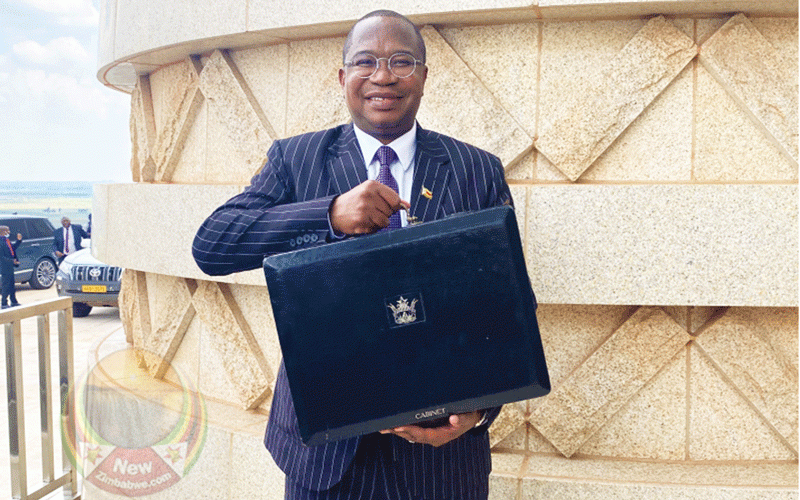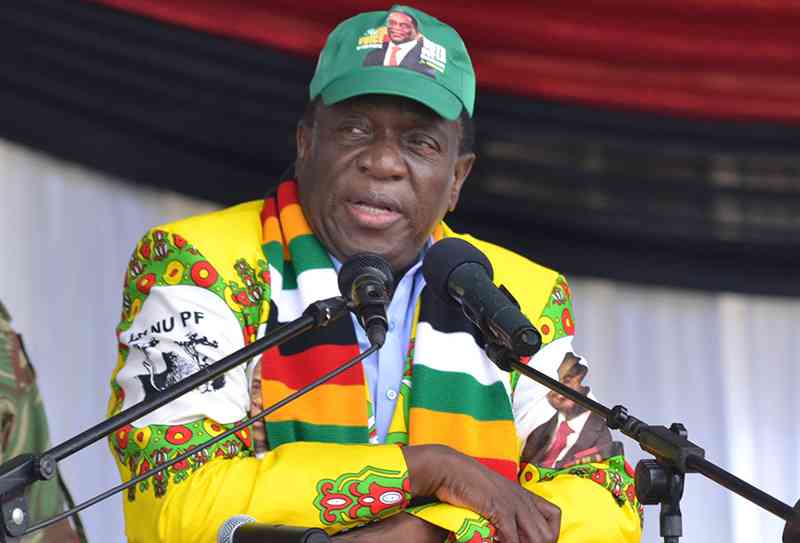
I recall, just a few years ago when my job involved transitioning young people from school and tertiary institutions to the workplace and I had this group of young people I had been with for eight weeks preparing them for the workplace in all aspects of preparation.
The process was right at the end and we had the client bringing them in for the last hurdle, which was the interview. I had done a thorough job, taking them through all the interview essentials using the book and my own experience as someone who had been invited to interviews and also interviewed some people in my career as a human resources manager in different organisation.
I was confident they would ace it as they looked ready and we had explored what are called the frequently asked questions, what not to say in an interview, how to sit, how to extend the hand in greeting, which questions to ask when it’s your turn to ask. I can tell you that all my candidates had brightness written all over their faces and I was excited.
On the day of the interview, I would be excited and waiting for them to come back to me as their coach and tell me how things had transpired and in the history of this job that I had done for about three years at that time, we had done well, placing most of the candidates I had coached in blue chip companies in the banking, retail, manufacturing, and other industries after acing the interviews.
So, I waited in anticipation for the candidates to come to me one by one and tell me how they had fared, and to my surprise after waiting for over an hour, I saw all of them heading towards my desk looking unhappy. At first I thought the client had cancelled the interview only to learn from them that they had actually done the interview but not the way they had expected it to be done, and certainly not in the way I had prepared them for it.
I stood there shocked, and for a minute joined them in their gloomy demeanour but quickly snapped out of it to hold the space and resuscitate my ‘fainting’ candidates and so I asked what had happened.
My dear candidates went on to share their shock at the way the interview had been handled, how the client had put them in different groups and given them different kinds of activities and I think I shocked them as they shared what to them was a sad story when my face started brightening with excitement. I was in awe of the creativity of the client who had decided to go unconventional and explore watching the candidates in action and rate them on the different qualities they were looking for as a company.
For example, team playing as a quality was very easy to see as candidates got busy working together. Even leaders emerged out of this process, and they did so without any leadership titles. They just led because they could, in keeping with Simon Sinek’s wisdom that there are leaders and there are those who lead. In his book, Start with Why, Sinek explores this idea at length, meaning to say we don’t need a leadership title to lead. Even kids take up leadership positions organically when they playhouses.
- Chamisa under fire over US$120K donation
- Mavhunga puts DeMbare into Chibuku quarterfinals
- Pension funds bet on Cabora Bassa oilfields
- Councils defy govt fire tender directive
Keep Reading
Our clever client had decided to push the envelope and throw my candidates into an unknown territory rendering most of them incapable. I was slightly disappointed with myself for not having thought of that and having gone only according to the book regarding interview preparation but again quickly snapped out of it and came to the present moment then.
You know as a coach you have to come back to normal or risk drowning with the people who look up to you for ‘resuscitation’. We had to embrace what had happened, congratulate the few who had been hired and go back to the drawing board with those who had not and of course mindful of the phenomenon that rejection, if not handled well can take an uncoached person to the abyss of a very low self-esteem, a deep and bottomless chasm. Many fail the second interview because of the previous interview energy and outcome and if it’s two or three in a row, then a trained coach knows there is need for a lot of psychological work on the candidate to make them believe in themselves and know and work by Zen Cho’s principle that, if at first you don’t succeed, try, try again.
We had learnt our lesson and were better prepared for the future.
After that incident I began to grow this scepticism around the formal interview and around interviewing, what it meant and what needed to change. Come to think of it, the interview has become one of those spaces where we pretend without any sense of shame. We have even embraced the fact that we have to be taught how to play the roles of interviewee and interviewer and we do this exercise of keeping up appearances with straight faces.
This hits the psychological side of the interview process which seeks to establish whether a candidate ‘will’ do the job or not. The whether the candidate ‘can’ do the job or not is easy with clear technical questions that one has to answer correctly or be dismissed as having failed.
When you interview a typist or artisan in a specific area, for example, you sit with a technical person and have them take the interviewee through a set of technical questions. It’s difficult with the psychological, ‘will’ they do it questions because almost everyone goes through the hands of an interview preparation, and they are turned into what they are not, just for that interviewee.
Sadly, they go back to normal after the interviewee and we keep getting surprised why we have to deal with poor performance most of the time especially on the attitude side of things with such vices as conflicts that affect productivity. When on the job, a candidate who would have answered the question, ‘how do you handle conflict’ very well might shock everyone by becoming the worst villain ever in that regard because when they came for the interview, someone wrote a script and took them through a rehearsal process. They even had to wear costume for it, taking up a role they were not, in real life.
Do we then throw away the interview as a hiring method? No, that’s not what this article submits to the workplace and any other place that uses this method but to say it has become archaic and obsolete and needs revamping. Anyone using the interview needs to think outside the box and put the interviewee at ease to be themselves and talk about themselves when it comes to character and attitude and not to play a role they cannot sustain when they are on the ground.
The Zimbabwean workplace is a clarion call for a lot of outside the box thinking and this call should not be viewed as a curse but a as a blessing that is calling upon everyone who wants to succeed to stand up and be counted.
This subject needs further exploring, and I am making a commitment to treat it once more in the next article where we will share specific stories of interviewees who either went right or left.
- Bhekilizwe Bernard Ndlovu’s training is in human resources training, development and transformation, behavioural change, applied drama, personal mastery and mental fitness. He works for a South African organization as a learning and development specialist, while also doing a PhD with Wits University where he looks at violent strikes in the South African workplace as a researcher. Ndlovu worked as a human resources manager for a number of blue-chip companies in Zimbabwe and still takes keen interest in the affairs of people and performance management in Zimbabwe. He can be contacted on bhekilizweb.bn@gmail.com










